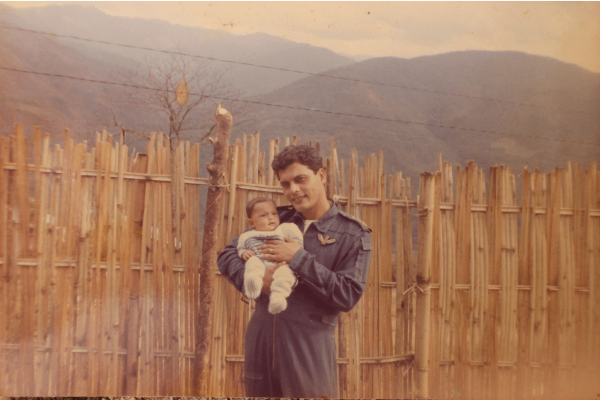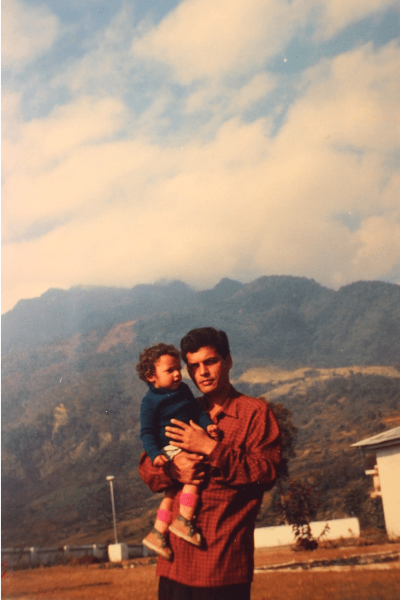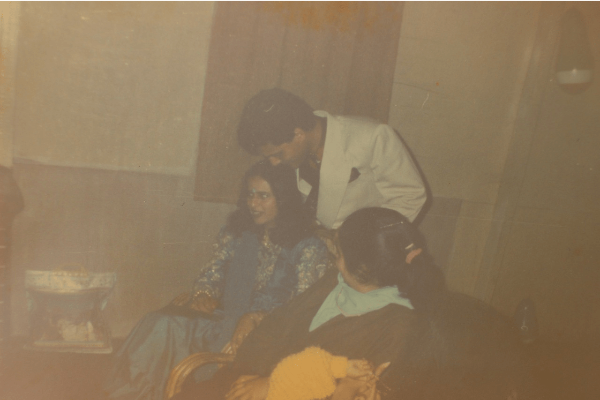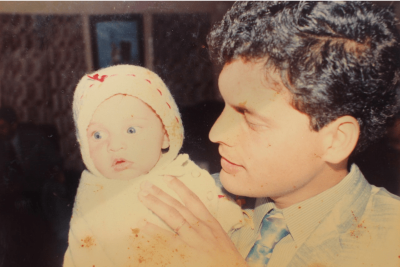since i isolated
Earlier this month, as people poured back into the streets amidst the government's un-lockdowns, I contracted COVID-19 and was promptly sent into self-quarantine. Isolation at home was body aches and oximeter checks; my ability to comprehend and take a full breath lost to some cruel trick at the end of a cruel month. It was a kind of sequestering that felt like a violent metaphor for punishment, not just from the world, but from my own senses— a sequestering from stimulus, from a new lover's touch, from take out food, travel and everything outside my main door.
I felt sequestered even from things I've reviled and avoided: the caustic ring of morning alarms, the deleteriousness of a busy road, the quiet of a corporate office corralling associates for 10 hours a day, the urgency of trash that needs to be taken out. I suppose those things were a part of my time too, implicating my attention and priorities and finances ... demanding to be a part of my days. Really, they were prologues to thoughts that would end up becoming my father's sight and voice and smell.
Over 17 days quarantined in an empty apartment, the loss of a world braided into some language that, ever so quietly, yearned and grieved the loss of my father: in the mornings, his decadent breakfast choices, and the garden flowers he'd leave on his daughters' study tables; in the afternoons, his post-lunch-smoke in the balcony, and the beckoning of a nap that always lasted longer than naps should; in the evenings, him tying his shoelaces for a routine walk while reassuring our semi-immobile dog that he'd get to come too ... a reassurance that was kind and firm and befitted his voice so perfectly I can still hear it; at night, the sound of HBO after him being the last one to get up from the dining table. In the bleak empty dining space of my rental apartment, many miles away from our home, I imagine our family patiently sitting through his slow eating, indulging his conversation, likely about dessert.
The premise of self-isolation, then, seems well adjusted to conjuring happy memories that ache anyway. It becomes easier to entrench the collective grief of those 408 hours of oxygen/medicine/hospitalization paranoia against the massive spectrum of death and pandemic. It makes it, at the very least, bearable to hold the past of my father— his pocketbook and ink pen and ashtrays — against the present tense of a "late" prefixed to his name — against a future in which he possibly returns to end the cruelest joke I've known.
This premise— I hold it tight, willing it to make sense ... although it seldom does. I become body-and-heart summoning a kind of presence only ever craved in the abundance of loss. This longing acknowledges that the most powerful memories aren't wrapped around milestone moments featured in calendar holidays, but familiar facets to our ordinary days- mornings, afternoons, and evenings- that look and feel and sound like the inside of a home, not the world outside. In our home, my father comes back during lunch, his maroon beret tucked under his arms, his smile beaming through the mesh of the front door and the happy bark of our dog. Really then, what I've lost is the abundance of a beautiful man and his beautiful lifetime, both of which I was unconditionally surrounded by. Both of which I took for granted.
When the virus passes, the doctor tells me to keep checking my temperature and oxygen levels, to keep popping zincovit and vitamin pills until my chest congestion clears, and my ability to comfortably breathe stabilizes. What an incredible miracle, I think, to lose a breath and have it return to you, to wake up and watch my father revel once again in the simple pleasures of gardens and food and music and long-walks, to observe the ways in which he felt loved and to never, ever abandon it.
How tender and free, to have the smell of his old spice linger around our house once again, and watch his uniform ironed for the next day— to have something utterly predictable and impervious to giant losses weaved into my family's days— like blessings from a god I stopped praying to.
— Srish




